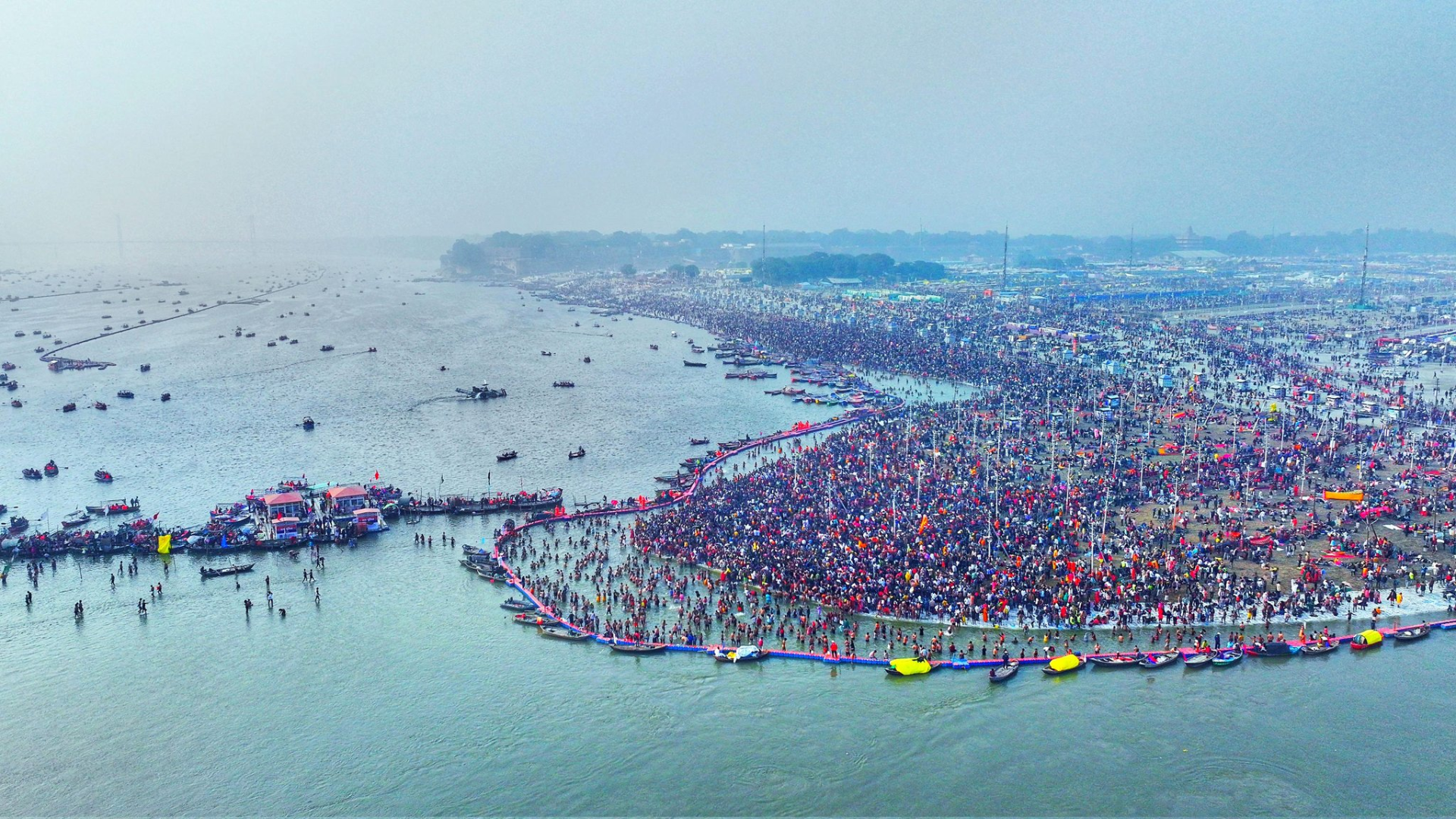As Hurricane Milton made its way across the Atlantic, claims began circulating on social media platforms such as X and TikTok, alleging that the storm had been “engineered” by the U.S. government. These theories suggested that the government had the ability to control the weather and manipulate storms. In response, President Joe Biden swiftly dismissed these claims, calling them “beyond ridiculous” and “stupid.”
Cloud Seeding and Geoengineering: Myths vs. Reality
While some social media users tried to support their theories by referencing cloud seeding—a process of adding substances to clouds to increase precipitation—others pointed to the idea of “geoengineering,” which involves manipulating the Earth’s climate. However, experts and the BBC were quick to clarify: “No tools would allow humans to create or control storms like this one.”
Hurricanes, like Milton, are natural weather phenomena. They develop in low-pressure areas where thunderstorms and clouds form, often moving from Africa toward the Americas. Warm, moist air rising from the tropical Atlantic Ocean causes the clouds to spiral, eventually intensifying into a full-blown hurricane.
The Real Cause: Natural and Human Factors
While attributing Milton to a government conspiracy is a stretch, there is growing scientific consensus that human activity may influence the intensity and frequency of tropical storms. Global warming, caused by human-induced climate change, is one factor that has contributed to more frequent and stronger storms.
In Milton’s case, the storm’s wind speed escalated dramatically—from 150 km/h to 280 km/h—within a short period. This rapid intensification mirrors patterns seen with other hurricanes, such as Hurricane Helene, which also quickly gained strength over the Gulf of Mexico before striking Florida.
How Global Warming Affects Hurricanes
The link between human activity and extreme weather is becoming increasingly evident. As the Earth’s temperature rises, the atmosphere holds more moisture, which can lead to heavier rainfall and more intense storms. Warmer ocean waters also provide more fuel for hurricanes, causing them to strengthen faster.
Additionally, rising sea levels due to global warming exacerbate the impact of hurricanes by causing storm surges that flood low-lying coastal areas. These phenomena are not the result of weather manipulation but rather the natural consequences of climate change.
Conclusion: No “Weather Control” Involved
The theory that Hurricane Milton was “engineered” by the U.S. government is simply misinformation. While climate change is influencing the strength and frequency of storms, the claim that storms are being artificially created is unsupported by science. Rather than a sinister plot, the real issue lies in how global warming is exacerbating the power of nature’s forces.
The social media buzz about weather manipulation is nothing more than unsubstantiated speculation. The increasing intensity of storms like Milton is driven by natural forces, amplified by human actions that affect the climate.
(includes inputs from online sources)
ALSO READ: Obama Hits Harris’ Campaign, Calls Out Black Men & Slams Trump



















